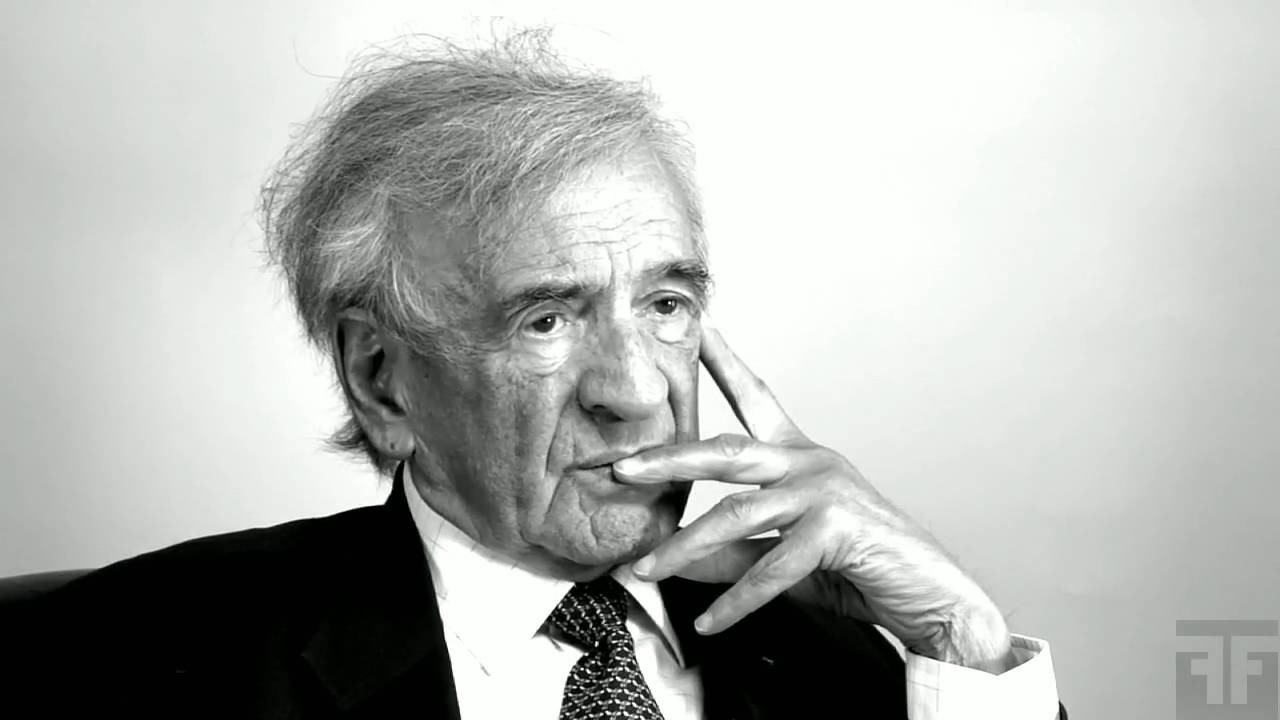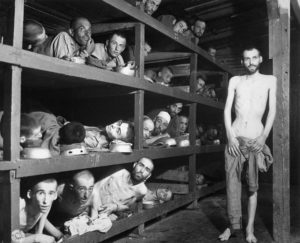
Holocaust survivor, author of Night, passes away.
BOSTON, MA – Elie Wiesel, the Holocaust survivor, renowned writer and Nobel peace laureate who for decades was a champion keeping the memory of those that perished under the Third Reich, has died, Israel’s Yad Vashem Holocaust center said Saturday. He was 87
At the time of this posting, no other information was available about Wiesel’s passing.
Born in Sighet, Transylvania (now Sighetu Marmației), Maramureș, Romania, in 1944 during World War II, Nazi Germany deported the entire Jewish community there, including Wiesel, then 15, and his family to the Auschwitz-Birkenau concentration camp. He was separated from his three sisters and mother, but remained with his father who after they were relocated to the Buchenwald camp. His father was killed in the crematorium there weeks before the camp was liberated by US forces in April 1945. He eventually reunited with two of his sisters after the war, his mother and younger sister also perishing in the camps.

“I do not hate (the Germans),” Wiesel told television host Oprah Winfrey in 2000. “I don’t believe in collective guilt. The children of killers are not killers, but children. And they deserve my affection, my efforts to make them human, to give them a world that is worthy of them. Occasionally, I have students from Germany in my classes, and they are the best students I could have. They go back to Germany, and they become leaders who teach their generation the perils of hatred and the danger of indifference. In any society, fanatics who hate don’t hate only me—they hate you too. They hate everybody. Someone who hates one group will end up hating everyone—and, ultimately, hating himself or herself.”
Upon relocating to the United States in 1955, Wiesel went on to write about his experience in the book Night. Published in 1960, it remains the most definitive literature concerning the Holocaust. It has been published in over 30 languages. The most recent translation of Night was No. 1 on the New York Times’ Bestseller list in 2006. He is credited with first coining the term “Holocaust”, but was particularly apprehensive about it in later years, saying it was the wrong word.
Wiesel traveled the world for decades after the war speaking out for human rights and against racism and oppression, earning the Nobel Peace Prize in 1986, the Congressional Gold Medal in 1985, the Presidential Medal of Freedom in 1992, and a honorary knighthood in the United Kingdom in 2006. He also spearheaded the building of the United States Holocaust Memorial Museum in 1986. He also received the Grand Cross Order of Merit from Hungary in 2009, only to give it back in 2012, protesting what he called the “whitewashing of tragic and criminal episodes” that happened in that country during the Holocaust.
Wiesel received recent criticism, however for his support of the Netanyahu government to halt construction of Jewish settlements located across the Green Line in East Jerusalem. In 2014 he added his signature to a newspaper ad praising the takeover of dozens of Palestinian homes by Jewish settlers there, causing widespread condemnation of the famed author. Amjad Iraqi of the Legal Center for Arab-Minority Rights in Haifa, Israel wrote in a column that he was an admirer of Wiesel and it pained him that he would have endorsed the action. “I have nothing but disappointment for the writer of that powerful book I read in high school,” he wrote. “Elie Wiesel, who knows too well the hideousness of racist ideologies, should do better than to blindly succumb to them himself. In this conflict, he is not a messenger for mankind, but a messenger for one ethnic group’s victory over others.”
Wiesel is survived by his wife Marion, their son Shlomo Elisha Wiesel, and his stepdaughter Jennifer and two grandchildren. He has said that he will bequeath the archive of his writings to Boston University, where he had taught since the 1970s.


More Stories
Coalition to March on the RNC to continue permit struggle despite new city ordinance
Philly Area White Lives Matter Propagandist Identified as Local Business Owner
So…Who Is This Kilted Man In A Philly Suburb Doing “White Lives Matter” Stickering Stuff?